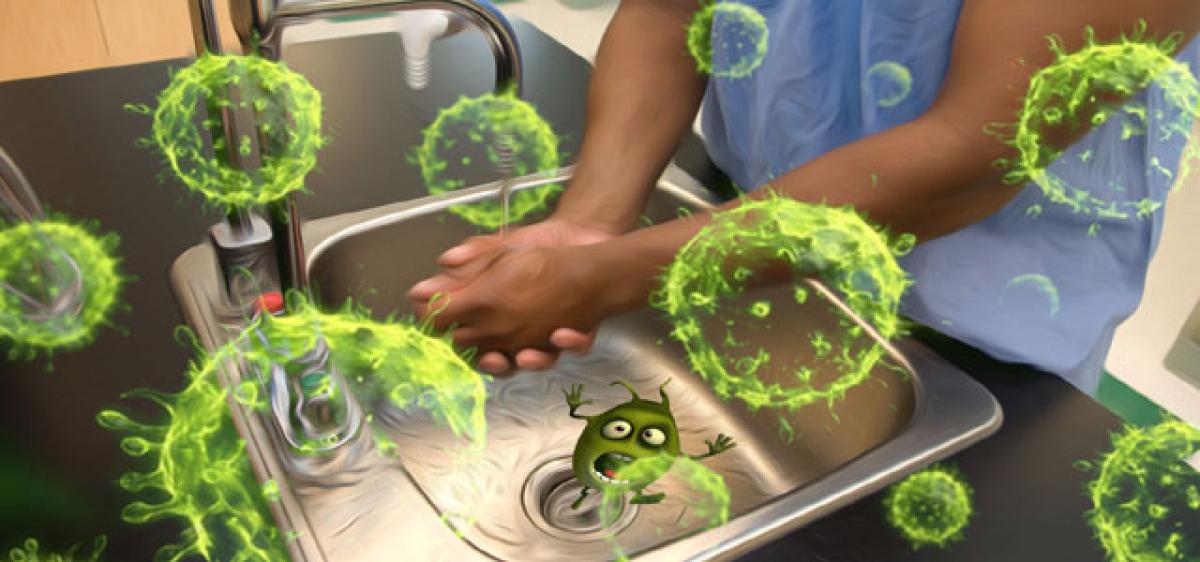Hospital superbugs

Leading hospital “superbugs” known as the enterococci arose from an ancestor that dates back 450 million years well before the age of dinosaurs-according to a new study led by researchers from Harvard Medical School, Massachusetts Eye and Ear, the Harvard-wide Program on Antibiotic Resistance and the Broad Institute of MIT and Harvard.
Leading hospital “superbugs” known as the enterococci arose from an ancestor that dates back 450 million years well before the age of dinosaurs-according to a new study led by researchers from Harvard Medical School, Massachusetts Eye and Ear, the Harvard-wide Program on Antibiotic Resistance and the Broad Institute of MIT and Harvard.
Some microbes, often referred to as “superbugs,” are resistant to virtually all antibiotics. This is of special concern in hospitals, where about 5 percent of hospitalized patients will fight infections that arise during their stay. As researchers around the world are urgently seeking solutions to this problem, insight into the origin and evolution of antibiotic resistance will help inform their search, according to a report.
The "superbug" scenario is not science fiction. It's an urgent, worldwide worry that is prompting swift action. Superbug is a term coined by the media to describe bacteria that cannot be killed using multiple antibiotics. For instance, Carbapenem-Resistant Enterobacteriaceae (CRE), found in the gut, can cause life-threatening blood infections.
Neisseria gonorrhoeae is a strain of bacteria that causes gonorrhea. Clostridium difficile (C. diff) is a type of bacteria that can live in your intestines. Multidrug-Resistant Acinetobacter is a bacteria found in soil and water, which can also live on your skin for days. Doctors call this a "significant" hospital germ. It can cause serious illness and can infect the sickest patients. Methicillin-resistant Staphylococcus aureus cannot be treated with penicillin. It can cause life-threatening lung and blood infections.

















